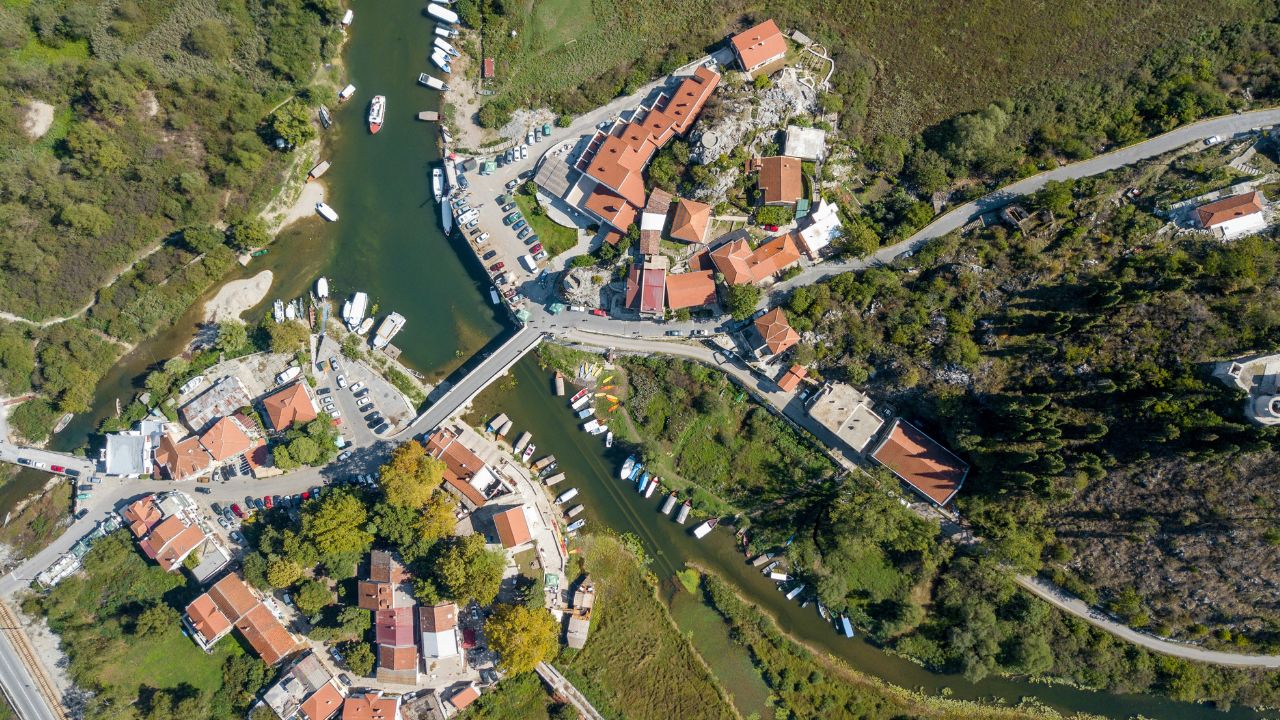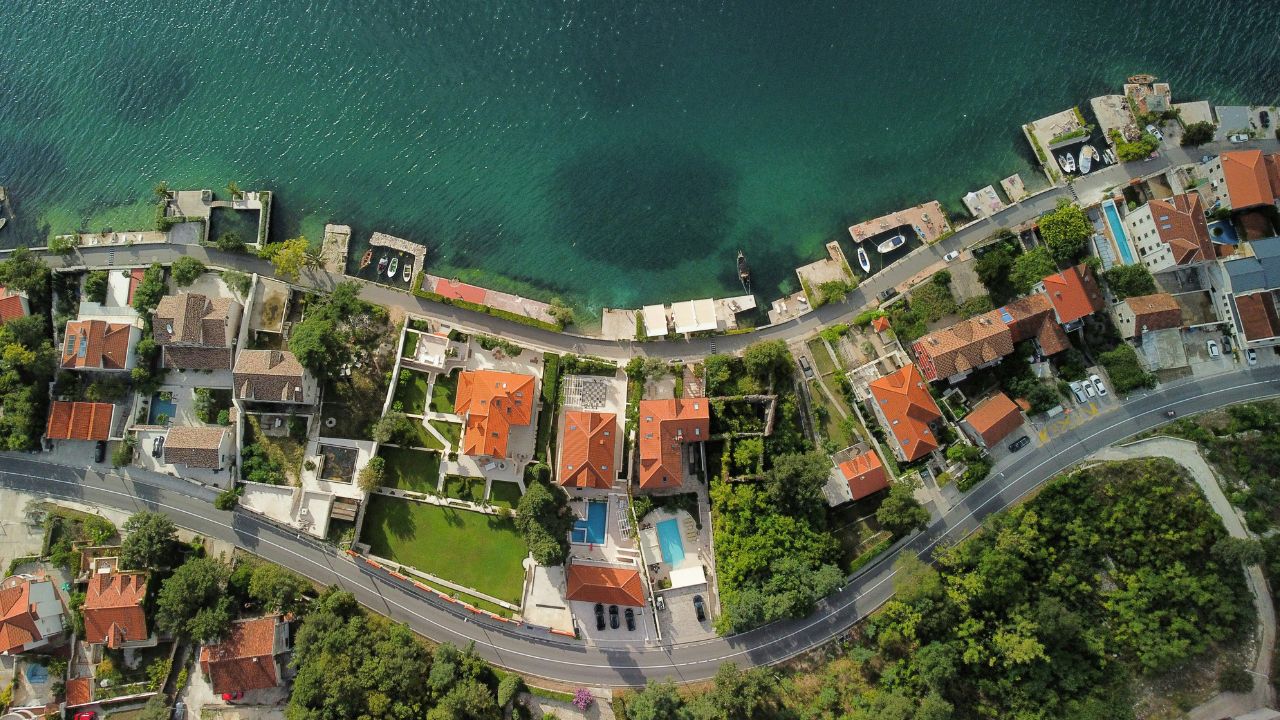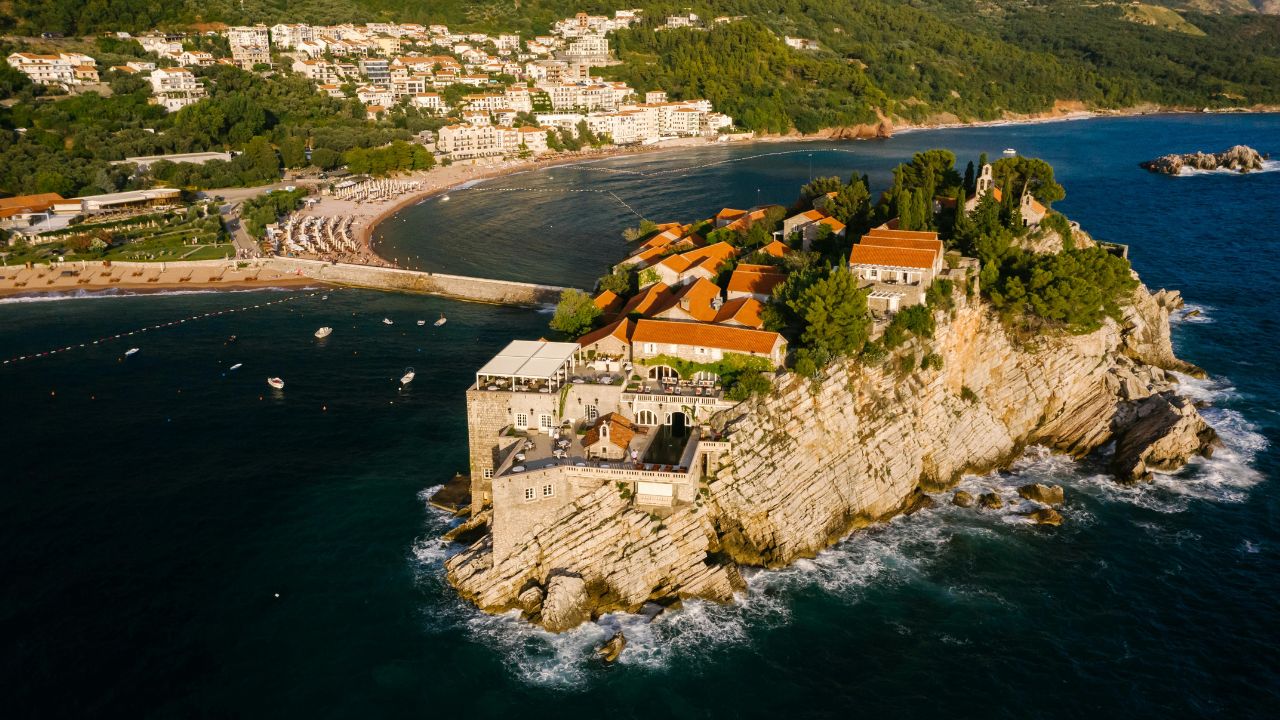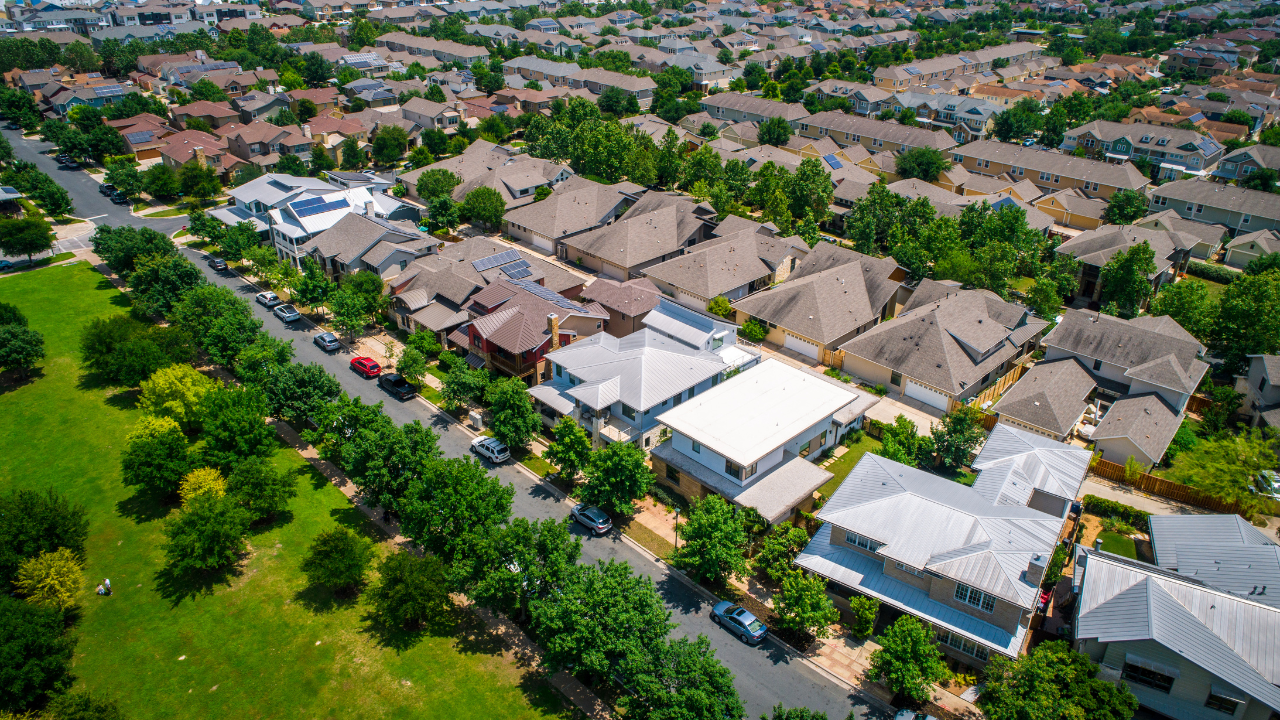Real estate has always been a favored asset class for investors.
It’s tangible, resilient, and historically stable.
But not everyone wants to buy and manage individual properties. For those who want to pool resources and tap into larger projects, setting up a real estate fund can be an attractive option.
In this guide, we’ll walk you through how to start a real estate fund, explain the basics for beginners, and answer common questions like How much does it cost to start a real estate fund? And what is the structure of a real estate fund?
Whether you’re looking to invest locally in Montenegro or launch a fund that attracts international capital, this article is here to help you understand the path forward.

What Is a Real Estate Fund?
A real estate fund is a pooled investment vehicle that collects money from multiple investors to purchase, develop, or manage real estate assets.
It’s basically like organizing a group dinner where everyone chips in money, but instead of ordering pizza, you're buying buildings. You collect money from a bunch of people, pool it together, and then use that bigger pile of cash to buy properties none of you could afford individually.
Sounds simple enough while listening, but it’s a lot more difficult.
A proper real estate fund has a legal structure, regulatory oversight, professional management, and about fifty other things.
The fund’s income like rental profits, capital gains, or development proceeds is distributed to the investors proportionally.
Funds can focus on different strategies, such as:
- Residential developments
- Commercial properties (offices, malls, hotels)
- Land acquisitions and rezoning
- Renovations and flips
Starting a Real Estate Fund for Beginners
Here's where most of the online advice on how to start a real estate fund for beginners messes up; it's written by people who've never actually done it. They make it sound like you fill out some forms, collect money, and you're the next real estate mogul.
The reality is that starting a real estate fund is like getting a PhD in bureaucracy while simultaneously learning to be a financial advisor, property manager, and therapist to anxious investors. And you need to actually be good at real estate too.
Something that most beginners miss is that you're not really in the real estate business. You're in the money management business. Real estate is just what you do with the money. Once you understand that distinction, everything else starts making sense.
If you're still trying to learn real estate investing basics, you might want to start there before jumping into fund management. Once you understand that distinction, everything else starts making sense.
How Much Does It Cost to Start a Real Estate Fund?
Everyone wants to know how much it costs to start a real estate fund, and honestly, the answer makes most people want to find a different career. We're not talking about pocket change here.
The startup costs can be brutal. You might spend €40,000 just on legal fees. Regulatory applications cost another €18,000. Then there is the €300,000 in working capital that Montenegro requires before they'll even look at your application.
So we're talking about €360,000 minimum before you can legally ask anyone for money. And that's if everything goes perfectly, which it rarely does. For comparison, if you're wondering how much you need to invest in real estate as an individual investor, you're looking at much smaller entry points, but also much smaller potential returns.
You might think you’ll be operational in three months but then it will be extended to eight months and cost 40% more than you originally budgeted.
But here's the crazy part: you can make back your entire initial investment in the first year through management fees alone.
For a small, local fund, costs might start around €50,000–€150,000 just to get off the ground. Larger, international funds can require several hundred thousand euros before the first property is even purchased.
If your fund charges 2% annually on assets under management, plus 20% of profits above an 8% return. Do the math on €8 million in assets, and you'll see why people don’t complain about those startup costs anymore.
The mistake most people make is trying to do it cheap. You can't. Cut corners on legal work or regulatory compliance, and you'll end up dealing with lawsuits and regulatory nightmares.
If you’re a beginner with limited capital, you might start with a smaller, private fund or partner with experienced investors to share the burden.
Generally, the expenses include:
- Legal fees for structuring and drafting contracts
- Licensing and registration costs
- Marketing and fundraising expenses
- Initial property acquisitions
- Professional services such as accountants, advisors, etc.

What is the Structure of a Real Estate Fund?
Understanding the structure of a real estate fund is where things get interesting. It's like designing a machine where every part has to work perfectly, or the whole thing explodes.
The legal paperwork is insane. Partnership agreements, private placement memoranda, subscription agreements, and operating procedures. But every page matters. Miss something important, and you're looking at regulatory violations or investor lawsuits.
In Montenegro, funds can also be structured under European Union-aligned frameworks, which help attract foreign investment thanks to familiarity and transparency.
Common Components:
- General Partner (GP): Manages the fund, makes decisions, and is liable for operations.
- Limited Partners (LPs): Provide capital and share in profits but don’t manage daily operations.
- Fund Administrator: Handles recordkeeping, reporting, and sometimes investor relations.
- Custodian Bank: Holds the fund’s assets securely.
Let’s say you use what's called a limited partnership structure. It makes you a general partner, which means you make all the decisions but also take on unlimited liability. Your investors will be limited partners, they‘ll put in money but can't tell you what to do, and their liability is limited to what they invested.
The profit split is where it gets fun. You will take 2% of all assets under management every year, whether the fund makes money or not. This will be your salary. Then, if the fund makes more than 8% annually, you will get 20% of everything above that threshold.
You’ll only make serious money if your investors make serious money.
Are Real Estate Funds Regulated?
The question "Are real estate funds regulated?" usually comes from people hoping the answer is no. Sorry to disappoint you. In Montenegro, real estate funds are regulated more strictly than most businesses.
The Securities and Exchange Commission doesn't mess around. They want to see business plans, financial projections, background checks on key personnel, compliance procedures, and about thirty other things before they'll approve your funding. Your application might end up being 200 pages long.
The ongoing compliance requirements are even more intense. Monthly filings, quarterly investor reports, annual audits, and regulatory inspections, it never ends.
You might have to hire a full-time compliance officer who does nothing but make sure you’re following every rule.
But these regulations are in place for your own good.
The penalties for non-compliance are severe. We're talking about fines that can reach hundreds of thousands of euros, plus potential criminal charges for serious violations. The regulators aren't just trying to collect fees, they're protecting investors from fraudsters and incompetents.
In Montenegro and most European countries, these regulations cover:
- Disclosure of risks and fees
- Fund registration and licensing
- Anti-money laundering (AML) compliance
- Regular reporting to investors and regulators
The Montenegro Advantage

Montenegro offers something unique for real estate fund creation, a market that's big enough to be interesting but small enough to dominate.
The regulatory environment is tough but fair. Unlike some EU countries where the barriers are designed to keep out new players, Montenegro actually wants legitimate fund managers. The approval process is thorough, but it's not designed to be impossible.
Tax treatment is another advantage. Montenegro's corporate tax rate is competitive, and there are specific provisions for investment funds that can significantly reduce the tax burden.
The market timing is perfect. Montenegro's EU accession process is creating demand for professionally managed real estate investments. International investors want exposure to the market but prefer dealing with regulated funds rather than trying to navigate property purchases directly.
Starting a real estate fund isn't for everyone. It requires significant capital, regulatory expertise, and the mental fortitude to manage other people's money responsibly. But for entrepreneurs with the right skills and commitment, it can be incredibly rewarding.
If you’re interested in setting up a fund in Montenegro, contact us today for professional guidance and help.







































.webp)

.webp)
.webp)

.webp)

.webp)
.webp)
.webp)

.webp)
.webp)
.webp)
.webp)

.webp)
.webp)
.webp)
.webp)
.webp)
.webp)
.webp)





.webp)

.webp)



















.avif)